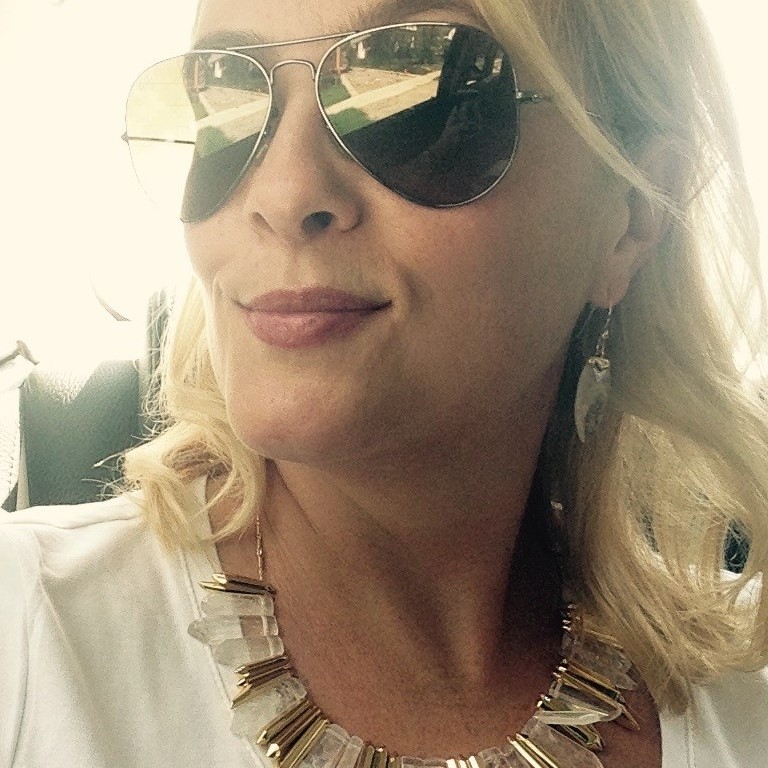The Problem with New Guidance on Recommended Alcohol Intake

Late last month the World Health Organization (WHO) released its first draft of a global action plan on alcohol and, surprise surprise, drinking is bad for us.
Where the WHO is taking heat, however, is with its recommendation that “appropriate attention” must be paid to alcohol consumption among certain groups, including women of childbearing age. It’s as though these individuals must be protected at all costs while the rest of us can go to hell. This guidance is not only paternalistic and draconian, but infuriating.
To be fair, the science around drinking is confusing and inconsistent. Some sources, like the Harvard School of Public Health, cite more than 100 studies indicating a connection between moderate drinking and a lower risk of cardiovascular disease in both men and women.
Good news, right?
Not so fast. It turns out that the risks of drinking are so significant that the term “alcohol-related cancers” is actually a thing. For example, one study involving more than 88,000 women and 47,000 men over 30 years old found even one drink a day “increased the risk of alcohol-related cancers in women, but mainly breast cancer, among both smokers and nonsmokers.” Furthermore, another study involving more than 320,000 women found that having 2-5 drinks a day compared with zero drinks increased the chances of developing breast cancer by as much as 41%.
So, yes, there are many compelling medical reasons not to drink or to drink in moderation only, and we need organizations like the WHO to educate us on the risks and protect us from ourselves by suggesting a recommended alcohol intake.
The issue many of us have with the latest guidance, however, is the singling out of “women of childbearing age” and recommended alcohol intake. While this may be well-intentioned and even science-based (though both are debatable), it situates women’s health solely in the context of our reproductive abilities.
If the evidence against alcohol is so compelling, why not suggest everyone avoid it? And what about the studies that prove alcohol lowers sperm count? After all, “women of child-bearing age” need someone to fertilize the egg. Google “alcohol and low sperm count” and you’ll find hundreds of studies linking booze consumption in men to low sperm count and motility. And where is the WHO guidance on hot tubs and tighty whiteys?
If the WHO wants females from 14-48 to stop drinking alcohol outright, it should just say that. “Women of childbearing age” negates our prerogative to make choices for ourselves as individuals. It reduces us to faceless, nameless handmaidens who exist only in service of the greater good, and it further vilifies women who like their booze.
Part of the problem may lie in the language we use. The phrase “women of child-bearing age” is often used in a context that suggests that pregnancy is, or should be, the primary preoccupation of anyone who’s menstruating. Just as the term “aging gracefully” implies there is only one good way to age, “women of child-bearing age” implies there is only one goal, one purpose, for women.
Furthermore, this phrase is never used in reference to men. This might be because the window of male fertility begins much earlier and ends much later than women’s but the more likely explanation is that men’s value and identity are not located solely in their testicles.
Telling “women of childbearing age” to take particular care when drinking alcohol is nonsense. And, it suggests that women who choose not to have children or who are unable to have children are less deserving of medical advice and caution than those who do.
Getting into a pissing match with the WHO is not my goal here. Nor is it my goal to dispute that we should all be very mindful of our recommended alcohol intake and of the impact alcohol has on our health. The WHO does a lot of good work around health prevention and education, which is why they should be part of the effort to change the way we talk about women’s health. But until that topic is no longer inextricably linked to baby-making, our fight for true equality cannot succeed.
Until women are valued for more than our ovaries, we will remain second-class citizens seen not for who we are but what we can do for others.















This may be helpful as context for your position. Contraception is a great prevention method for prenatal alcohol exposure, which is the point of paying attention to women of childbearing age – https://canfasd.ca/topics/prevention/ to learn more about supportive ways to prevent FASD. International FASD Awareness Day is September 9th.